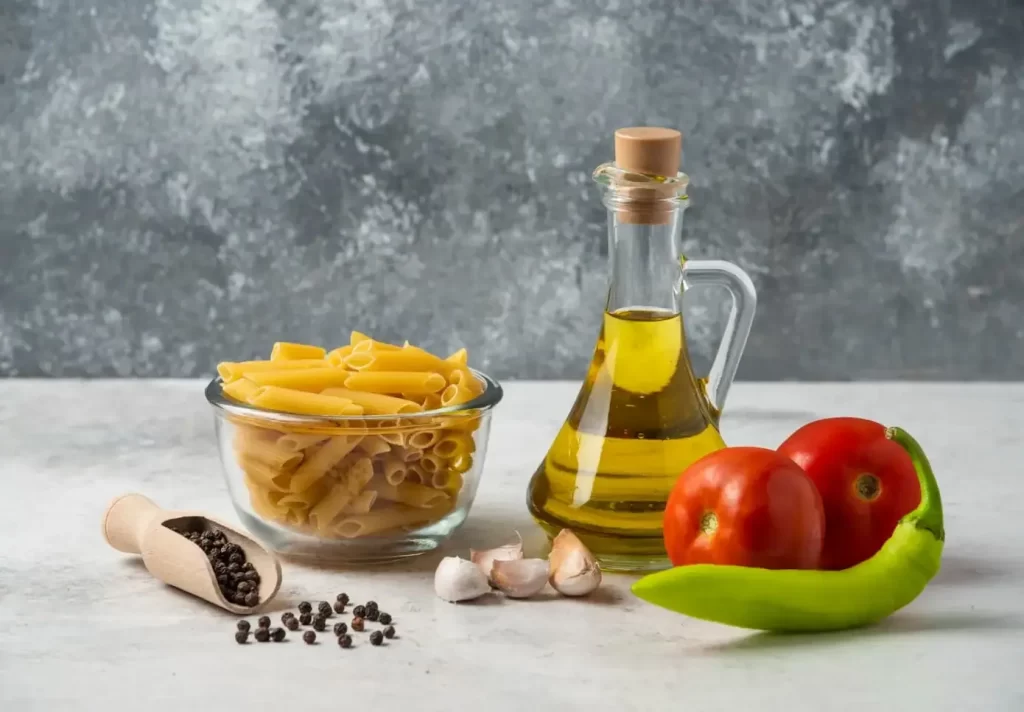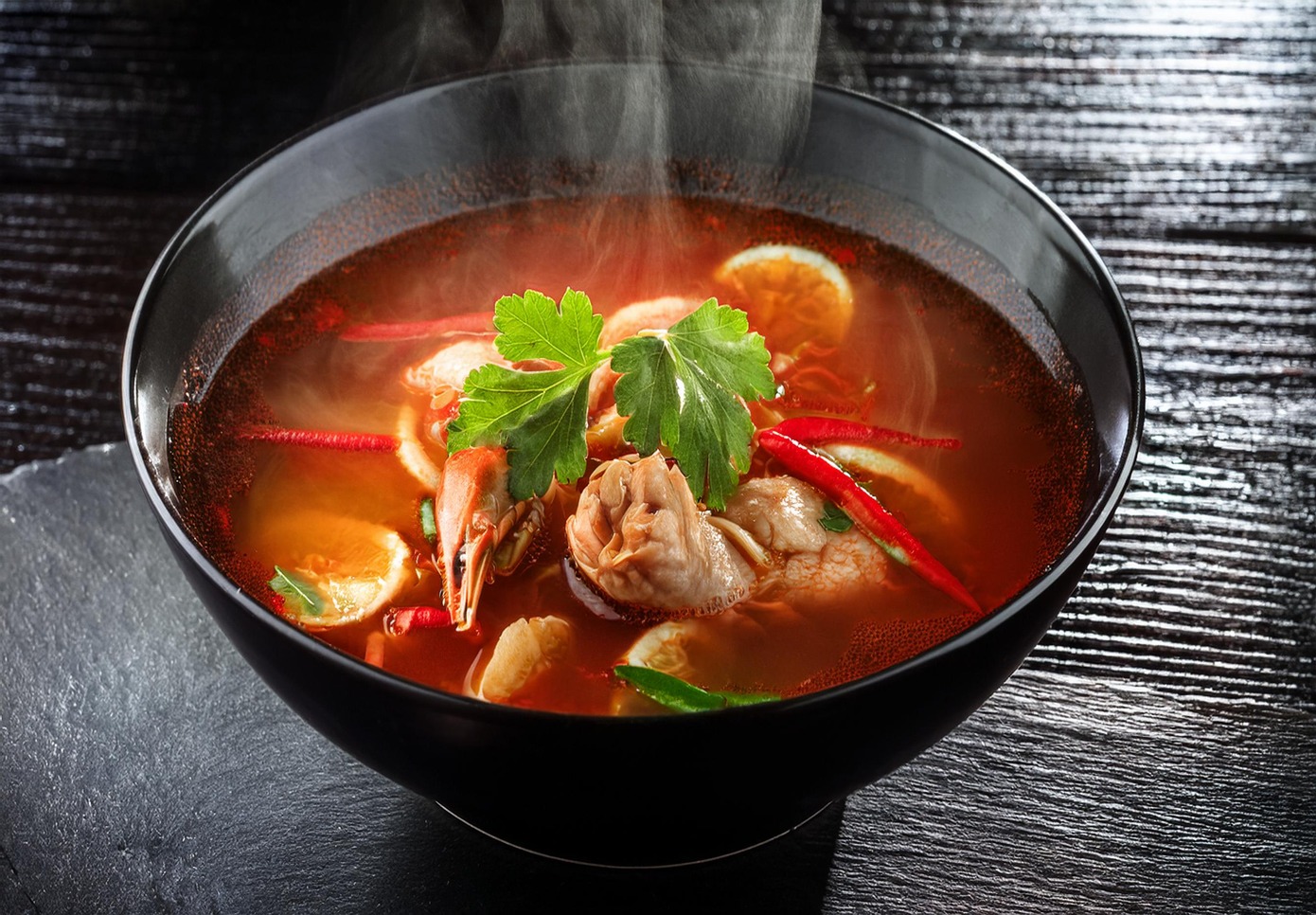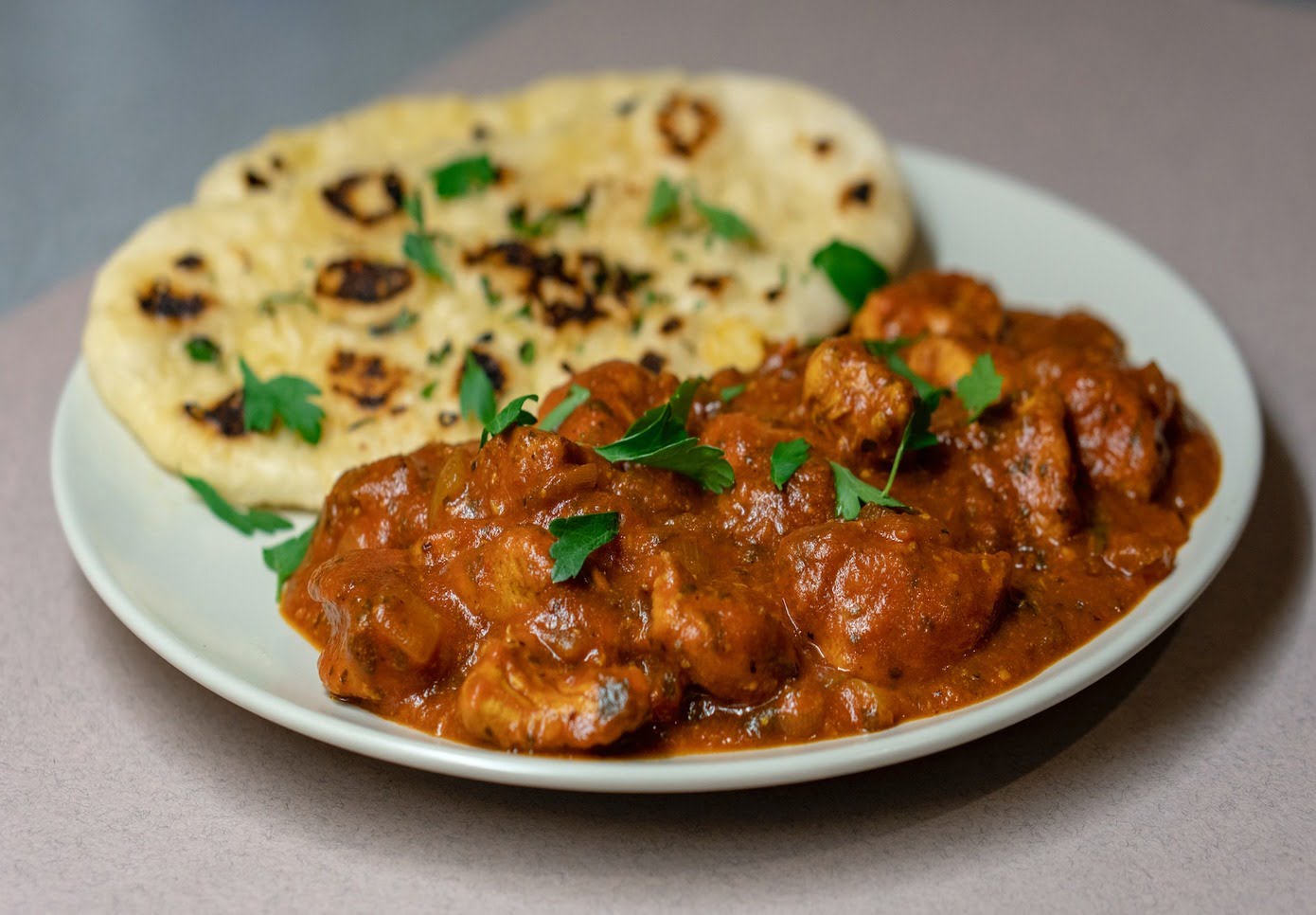Are you looking for healthier alternatives to vegetable oil in your cooking? Whether you’re trying to reduce your intake of unhealthy fats or simply want to experiment with different flavors, there are numerous substitutes that can add both nutrition and taste to your meals. In this article, we will explore 10 vegetable oil substitutes that are not only healthy but also delicious. So, let’s dive in and discover these amazing alternatives!
Table of Contents

1. Introduction: Vegetable Oil Substitute
Vegetable oil has long been a staple in many kitchens due to its versatility and affordability. Some may contain unhealthy fats or lack essential nutrients. Fortunately, there are plenty of healthier alternatives that can be used in various culinary applications.
In this article, we will explore ten vegetable oil substitutes that offer unique flavors and health benefits. These substitutes can be used in baking, sautéing, frying, or even as salad dressings.
2. Coconut Oil
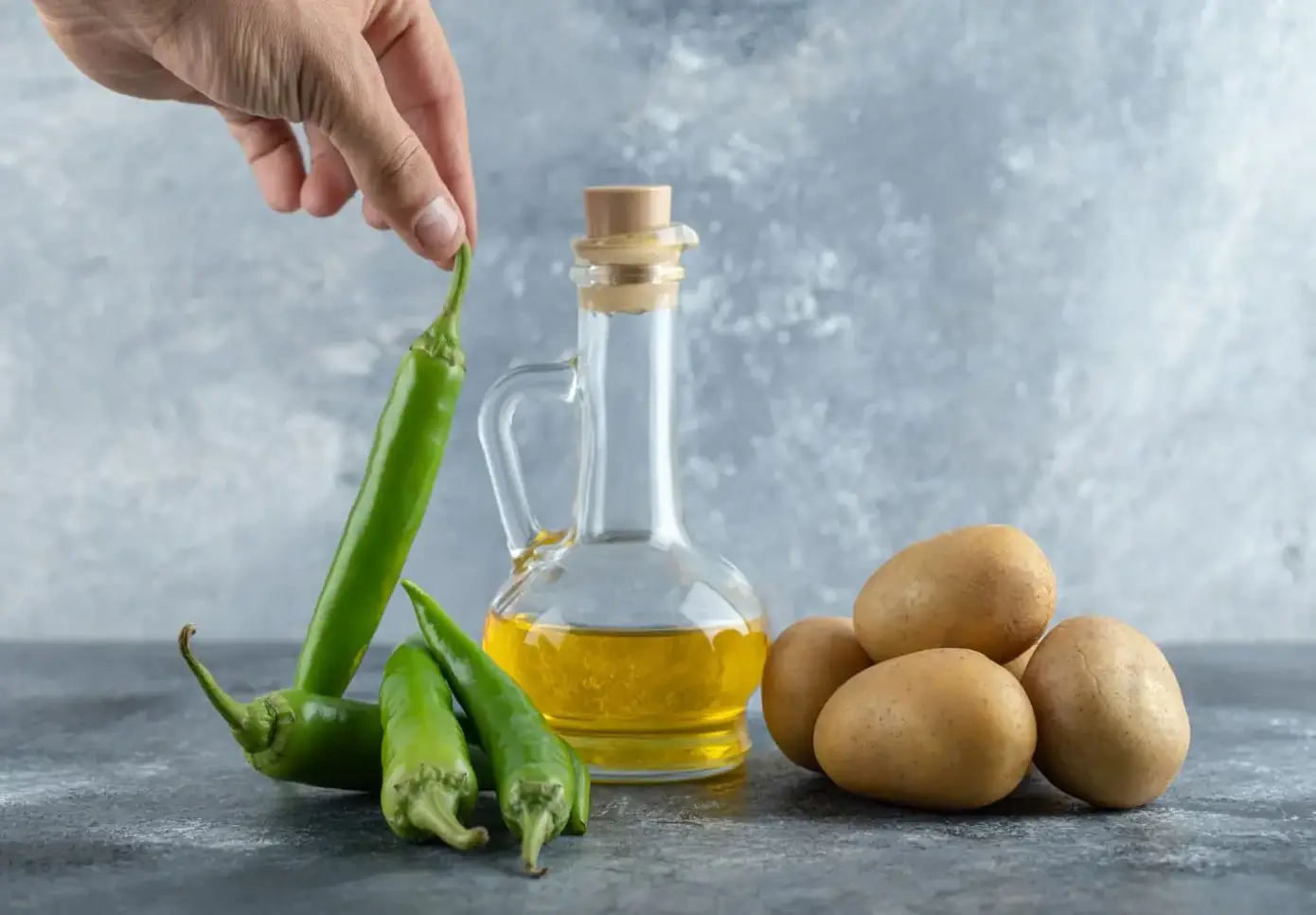
Coconut oil has gained popularity in recent years due to its many health benefits. Additionally, coconut oil has a unique tropical flavor that can enhance both sweet and savory dishes. It works well in baking, stir-frying, and as a spread. Coconut oil has gained popularity in recent years due to its many health benefits. Additionally, coconut oil has a unique tropical flavor that can enhance both sweet and savory dishes. It works well in baking, frying and spreading. Coconut oil, a popular vegetable oil alternative, offers a unique flavor profile and many health benefits.
3. Olive Oil
Olive oil, particularly extra virgin olive oil, is a widely celebrated ingredient in Mediterranean cuisine. It is rich in monounsaturated fats and antioxidants, which promote heart health and reduce inflammation. With its smooth and fruity flavor, olive oil is perfect for salad dressings, dips, and light sauteing. Olive oil serves as an exceptional vegetable oil substitute, providing a healthier option without compromising on taste.
4. Avocado Oil
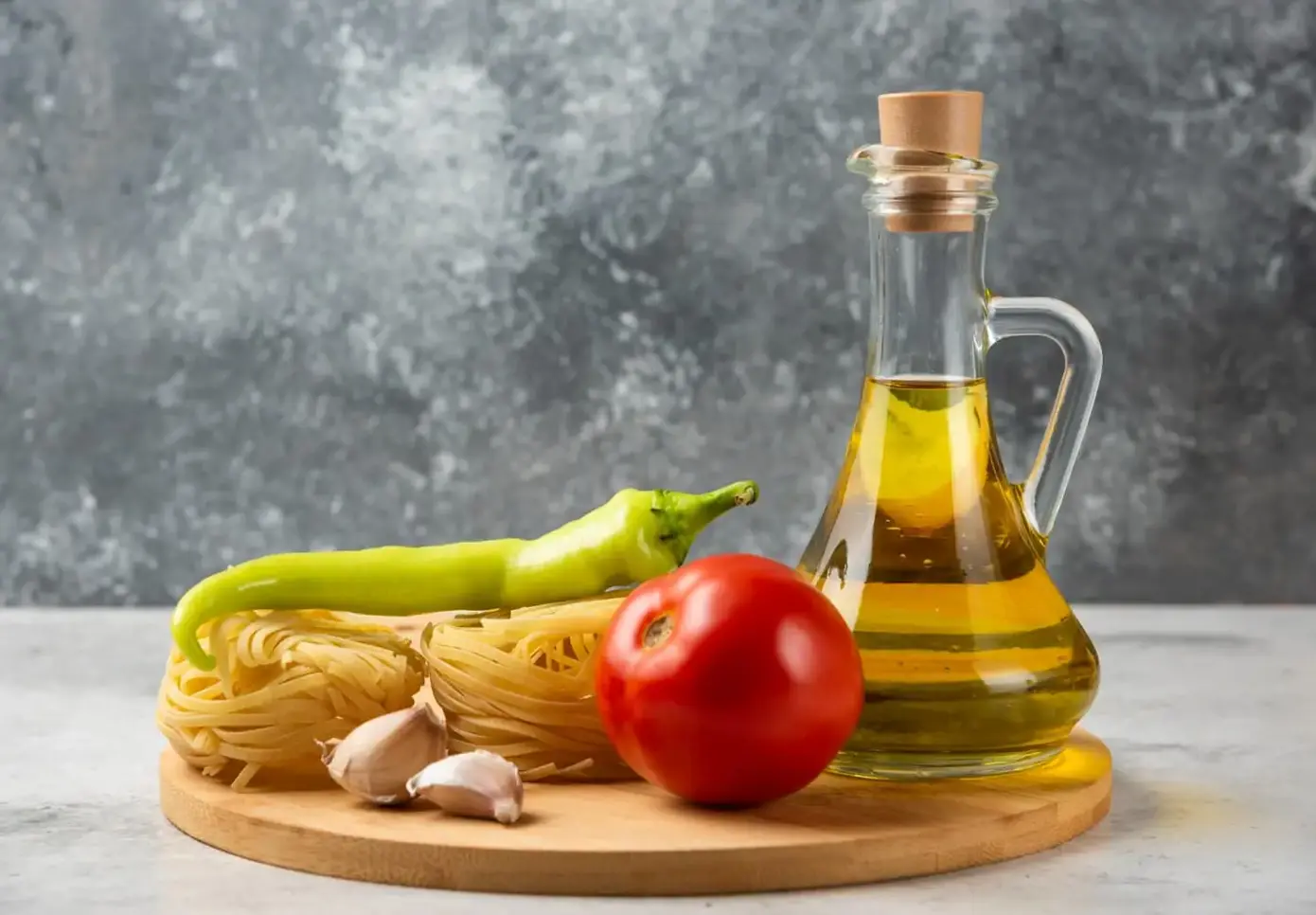
Extracted from ripe avocados, Avocado oil is a nutritious and versatile substitute for vegetable oil. Avocado oil has a mild, buttery flavor and a high smoke point, making it suitable for various cooking methods such as grilling, roasting, and frying. Avocado oil provides a nutritious and delicious alternative to traditional vegetable oils. Its health benefits, versatility and pleasant taste make it a popular choice for those seeking an alternative to vegetable oil.
5. Grapeseed Oil
Derived from the seeds of grapes, Grapeseed oil is known for its light flavor and high smoke point. It is rich in polyunsaturated fats, including omega-6 fatty acids. Grapeseed oil has a neutral taste that won’t overpower the other ingredients in your dishes, making it an ideal choice for baking, frying, and salad dressings. Grape seed oil provides a nutritious and tasty alternative to traditional vegetable oils.
6. Sesame Oil

Sesame oil, commonly used in Asian cuisine, adds a distinct nutty flavor to dishes. It contains healthy fats, including polyunsaturated and monounsaturated fats. Sesame oil has a low smoke point, so it is best used in stir-frying, sautéing, and as a finishing oil for flavor enhancement. Sesame oil provides a delicious and nutritious vegetable oil substitute that can elevate your recipes to new heights. Its distinctive flavor, versatility and health benefits make it a worthy addition to your kitchen pantry.
7. Almond Oil
Almond oil is derived from almonds and offers a delicate, slightly sweet flavor. It is packed with monounsaturated fats, vitamin E, and antioxidants. Almond oil can be used in baking, salad dressings, and light sautéing to add a subtle nutty taste to your dishes.
8. Sunflower Oil
Sunflower oil is a popular vegetable oil substitute known for its mild flavor and versatility. Sunflower oil has a high smoke point, making it suitable for frying, baking, and roasting. It is often used in making homemade mayonnaise and as a base for salad dressings.
9. Peanut Oil
Peanut oil, derived from peanuts, is widely used in Asian cuisine for its unique flavor. It contains monounsaturated fats and vitamin E. Peanut oil has a high smoke point, making it ideal for deep-frying, stir-frying, and sautéing. Its distinct taste adds a delicious twist to dishes like stir-fried noodles, satay, and peanut sauces.
10. Butter
While not a traditional oil substitute, Butter can add richness and flavor to your cooking. It is made from cream and contains saturated fats. Butter can be used for baking, sautéing, and pan-frying, but it has a lower smoke point compared to oils. When using butter, it’s important to moderate the quantity for a balanced diet.
Conclusion: Vegetable Oil Substitute
Incorporating healthier and flavorful alternatives to vegetable oil in your cooking can elevate your culinary creations. The ten substitutes mentioned in this article—coconut oil, olive oil, avocado oil, grapeseed oil, sesame oil, almond oil, sunflower oil, peanut oil, and butter—offer various nutritional benefits and distinct flavors. Whether you’re baking, stir-frying, or dressing a salad, these alternatives provide a delightful twist to your dishes. So go ahead, experiment, and enjoy the delicious journey of healthy cooking!
FAQs
1. Are these vegetable oil substitutes suitable for all types of cooking?
Yes, these substitutes can be used in various cooking methods such as baking, frying, sautéing, and salad dressings.
2. Can I substitute any of these oils in a 1:1 ratio for vegetable oil?
It’s generally recommended to follow specific recipes when substituting oils, as some oils have different consistencies and flavors.
3. Are these vegetable oil substitutes healthier than traditional vegetable oil?
Many of these substitutes offer additional health benefits, such as higher levels of healthy fats and antioxidants.
4. Can I use these substitutes if I have dietary restrictions or allergies?
If you have specific dietary restrictions or allergies, it’s essential to choose substitutes that align with your needs and consult a healthcare professional if necessary.
5. Where can I purchase these vegetable oil substitutes?
These substitutes are commonly available in grocery stores, health food stores, and online retailers. Be sure to check the quality and source of the product before purchasing.
Remember, cooking with these vegetable oil substitutes allows you to maintain a healthy lifestyle without compromising on flavor. So, why not give them a try and embark on a journey of delicious and nutritious cooking?
Read About: The Great Debate: Is a Potato a Vegetable? Click Here

